Posted on 12/20/2024

Driving is already a demanding task that requires your full attention. Now, add eating into the mix, and things can quickly spiral into unsafe territory. Many drivers underestimate how distracting a quick snack can be while behind the wheel. But is eating while driving truly dangerous, or is it just a minor inconvenience? Let’s look into the facts and the risks to see why this habit could be putting you and others at serious risk. The Distractions of Eating Behind the Wheel When you’re eating while driving, your focus is divided into three parts: your hands, your eyes, and your mind. Think about it: one hand is on your burger, the other might be wiping off sauce, and your eyes glance down to grab your drink. That’s two out of three critical driving elements compromised. According to the National Highway Traffic Safety Administration (NHTSA), eating and drinking behind the wheel can increase the chances of an accident by up to 80%. It’s not ju ... read more
Posted on 11/29/2024
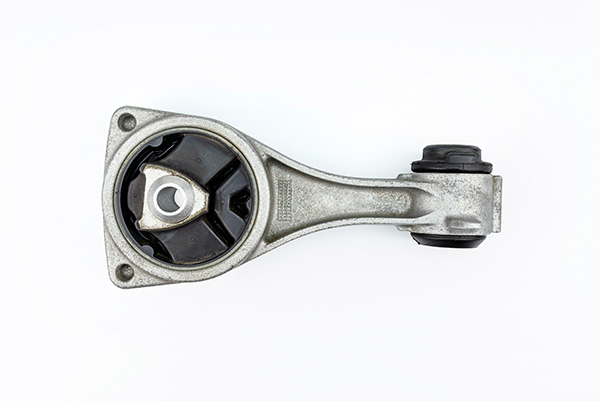
Feeling your car vibrate while driving can be disturbing, right? It’s not just annoying—it’s often a sign that something’s not quite right with your vehicle. Whether it happens when you’re accelerating, idling, or braking, these vibrations point to underlying issues that shouldn’t be ignored. Let’s take a closer look at some common culprits behind strange car vibrations and what you can do to address them. Tire Problems Tires are one of the most common sources of car vibrations. If they’re out of balance or worn unevenly, your car may start shaking, especially at higher speeds. Have you ever hit a pothole or curb? Such impacts can cause a misalignment or even damage the tire itself, leading to vibrations. Low tire pressure can also be a factor. Uneven inflation makes the tires roll inconsistently, creating an unsteady ride. It’s a good idea to check your tires regularly for wear, pressure, and balance to rule out ... read more
Posted on 10/31/2024

Car theft is an unfortunate reality that no vehicle owner wants to experience, yet it happens more often than many realize. With cars becoming more advanced, so have the methods used by thieves to steal them. Whether it's a break-in to steal belongings or the vehicle itself, no one is immune to this risk. Thankfully, there are several steps you can take to protect your car from theft. Keeping your vehicle safe is within your control, from simple habits to advanced security measures. Locking and Securing Your Vehicle It might sound obvious, but you’d be surprised how many people leave their car doors unlocked or windows slightly open. Thieves often look for easy targets, and an unlocked vehicle is like an open invitation. Always make sure that all doors are locked, even if you’re just stepping away for a moment. Similarly, windows should be rolled up completely, and sunroofs should be closed. This simple step can make all the difference between a car t ... read more
Posted on 10/15/2024
Is your car not running like usual? Is it stalling or surging? Rocking or shaking? Getting issues such as these checked out as soon as possible is ideal as it could grow into a bigger issue if you let it go. There could be several reasons why your car is running rough. Here are some common issues to consider: 1. Fuel Issues: Dirty fuel injectors or a clogged fuel filter can affect the flow of fuel to the engine. Also, a weak (aged), a bad fuel pump, and fuel leaks. 2. Ignition Problems: Worn spark plugs, ignition coils, or issues with the ignition system can cause misfires, leading to rough running. 3. Air Intake Issues: A dirty or faulty mass airflow sensor, air filter, or intake manifold can disrupt the air-fuel mixture. 4. Vacuum Leaks: Leaks in the vacuum system can create an imbalance in the air-fuel mixture, leading to performance issues. 5. Engine Timing: Problems with engine timing, such as a worn timing belt or chain, can cause rough running. Cam shaf ... read more
Posted on 9/27/2024
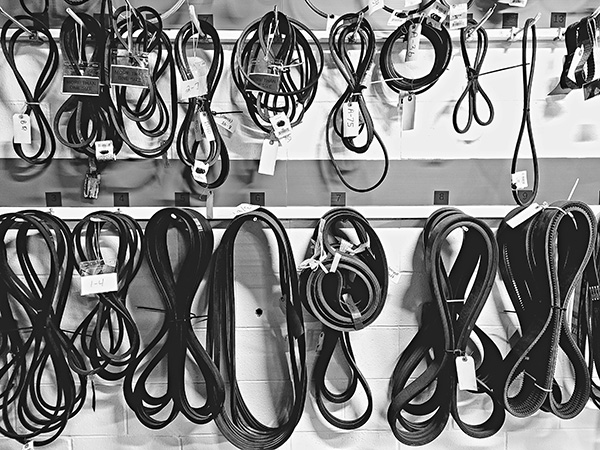
If you’ve ever looked under the hood of your car, you’ve likely seen a complex web of belts and pulleys, and perhaps you’ve wondered how they all work together to keep your engine running. Two of the most important components in this system are the timing belt and the serpentine belt. These belts are essential to your car's operation, but they serve very different purposes. Understanding how they function can help you take better care of your vehicle and avoid major breakdowns. What Is a Timing Belt? The timing belt plays a critical role in your car’s engine. Its primary job is to ensure that the engine’s camshaft and crankshaft rotate in sync, allowing the valves to open and close at the right moments. In simple terms, the timing belt controls the timing of your engine’s internal combustion process. If the timing is off, even by a small fraction, it can cause serious damage to your engine, including misfires or complete engine ... read more
Posted on 9/21/2024
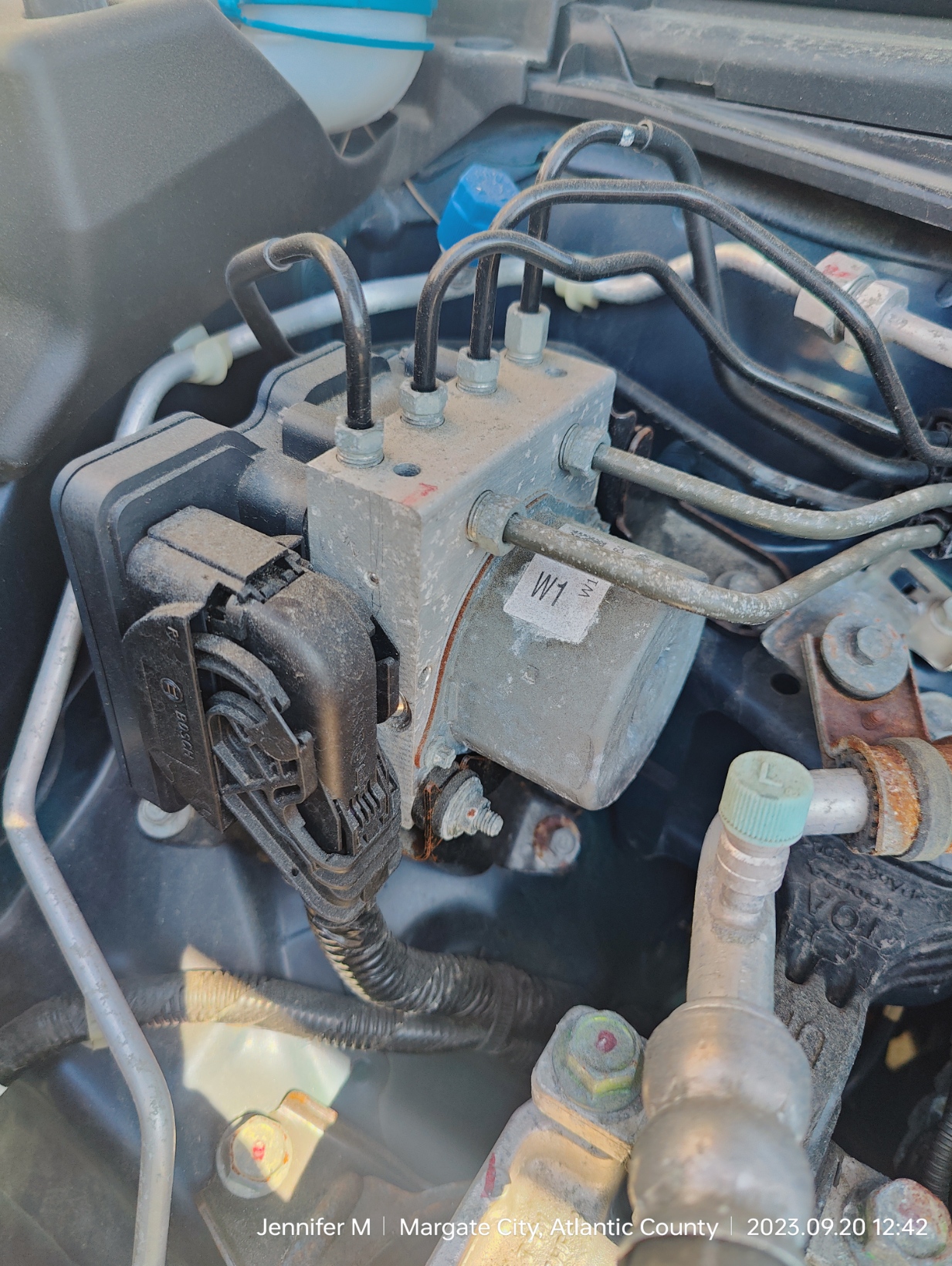
Common Brake Issues. If, when driving you feel like your brakes are ‘spongy’ or are no longer working correctly it is important to address the matter immediately. Brakes are used to stop your vehicle, and any hesitation or fault could be very dangerous. Here are some potential reasons for feeling like your brakes are ‘going’: Low Brake Fluid: If the brake fluid is low, it can affect the hydraulic system, making the brakes less effective. Check the brake fluid reservoir and top it off if necessary. Worn Brake Pads: If the brake pads are worn down, they may not grip the rotors effectively, leading to a feeling of reduced braking power. Brake pads work best when over 3mm. Also, ceramic brake pads work best. The downside to ceramic brake pads is that they are noisier. Warped Brake Rotors: Warped rotors can cause uneven braking and might make it feel like the brakes are not responding properly. T ... read more
Posted on 8/30/2024
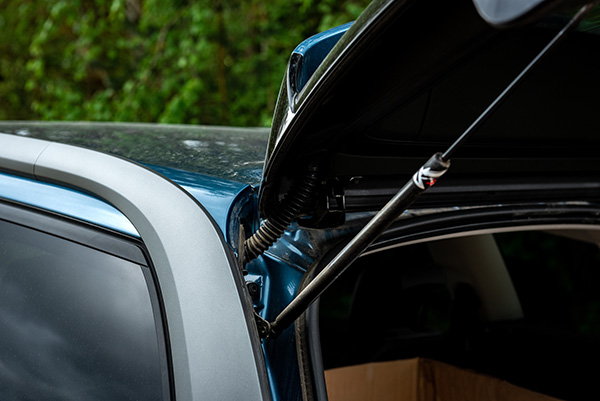
Few things are more frustrating than struggling to load your car’s trunk while the lid slams down unexpectedly. Not only is it inconvenient, but it can also be dangerous. So, why won’t your car’s trunk stay up? Let’s break down the most common reasons behind this issue and how you can address them. The Role of Trunk Struts and Springs The key components responsible for keeping your car’s trunk open are the trunk struts (sometimes called gas struts or lift supports) and, in some cases, torsion springs. These parts work together to counterbalance the weight of the trunk lid, making it easy to lift and ensuring it stays open. When they’re functioning correctly, you hardly notice them, but when they fail, the issue becomes immediately apparent. Worn Out or Failing Struts One of the most common reasons your trunk won’t stay up is that the struts have worn out. Trunk struts are filled with pressurized gas that pr ... read more
Posted on 7/26/2024
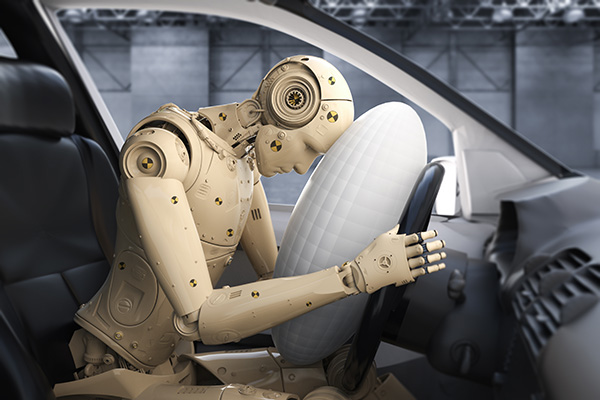
Car safety has evolved significantly over the decades, and airbags have become crucial components in protecting passengers during collisions. Have you ever wondered how these life-saving devices work? Let's explore the fascinating science behind airbags and why they are indispensable in modern vehicles. The Evolution of Airbag Technology Airbags weren't always standard in cars. It wasn't until the 1980s and 1990s that they became widely adopted. Early airbags were a significant innovation, but they lacked the sophistication of today's systems. Modern airbags are the result of extensive research and technological advancements, making them more effective and reliable than ever before. How Do Airbags Work? At the core of an airbag system are sensors, inflators, and the airbag itself. When a collision occurs, the car's sensors detect the ... read more
Posted on 6/26/2024
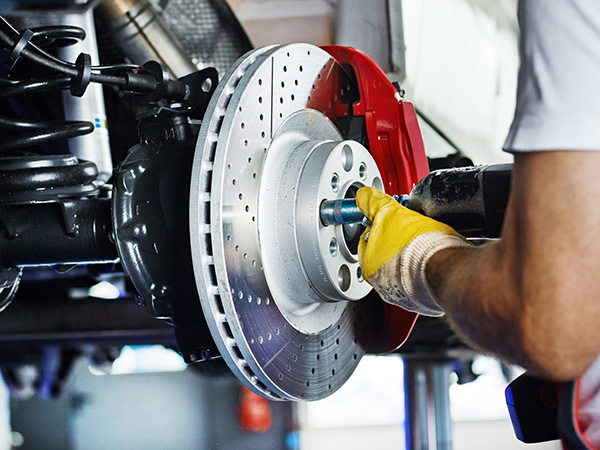
Every time you hit the brakes in your car, a sophisticated system silently goes to work to ensure your safety on the road. This system, known as the Anti-Lock Braking System (ABS), is a critical component that plays a pivotal role in preventing wheel lock-up during emergency braking. Let's explore the intricate mechanisms behind your car's ABS and understand how it contributes to safer driving experiences. Deciphering the Function of the ABS System The ABS system is designed to prevent the wheels from locking up during sudden or hard braking, allowing the driver to maintain steering control and avoid skidding. This is achieved through a series of sensors that monitor wheel speed and relay critical data to the ABS control module. When the system detects a potential lock-up, it modulates brake pressure to individual wheels, ensuring optimal traction and stab ... read more
Posted on 5/29/2024
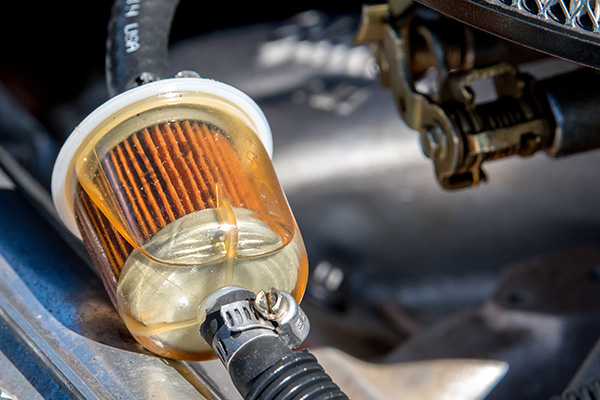
If your car has been acting up lately, you might wonder what's going on under the hood. Is it something minor, or could it be a more serious issue? One less-known common problem is a clogged fuel filter. It is an important component for maintaining your vehicle's performance, and when it gets clogged, it can cause various symptoms that might make your car struggle. The Role of a Fuel Filter Your car's fuel filter is like a gatekeeper for your engine. Its primary job is to filter out dirt, debris, and other contaminants from the fuel before it reaches the engine. Over time, these contaminants can build up, causing the filter to become clogged. When this happens, fuel flow to the engine is restricted, leading to performance issues and even engine damage if not addressed promptly. Signs Your Fuel Filter Might Be Clogged1. Difficulty Starting the Engine One of the first signs of a clogged fuel filter is trouble starting yo ... read more